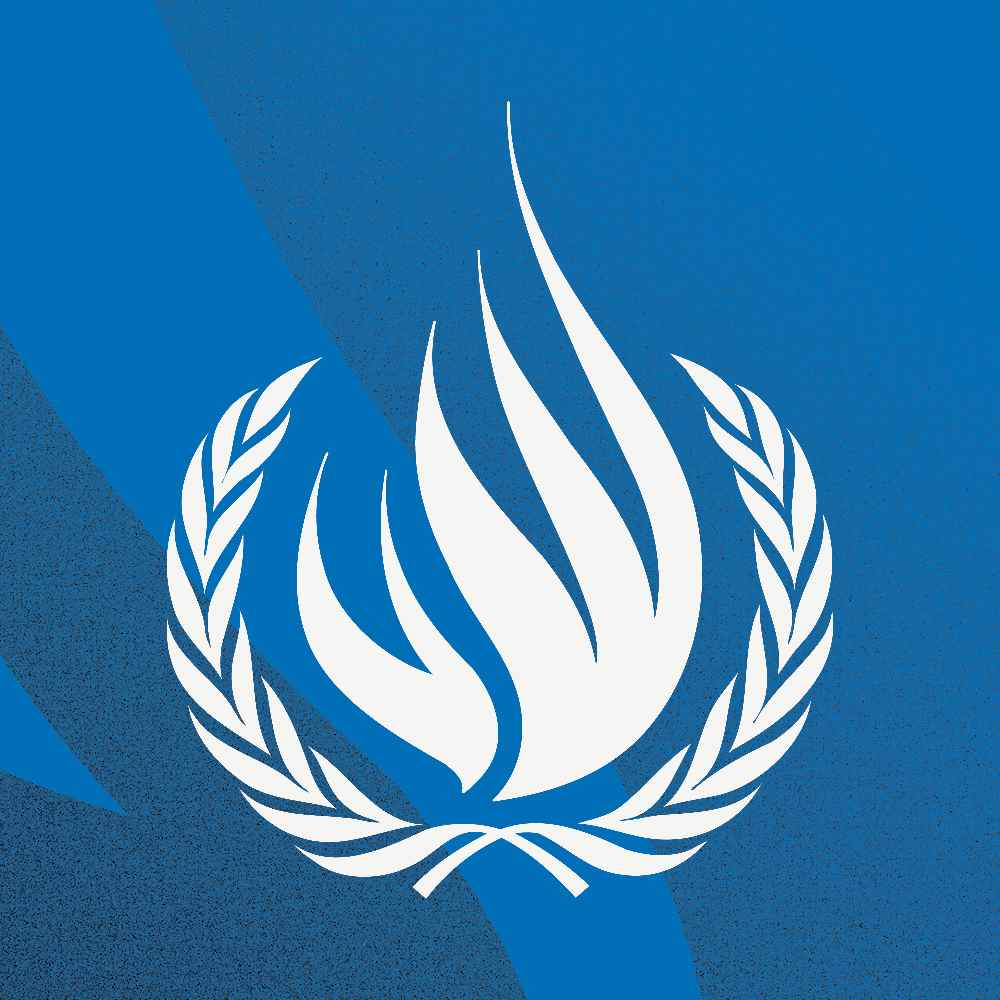
Britain’s racism crises now come around as regularly as the seasons. As certain as Wimbledon heralds the summer, the next scandal is sure to appear on the horizon, and with it a storm that darkens Britain’s sunny view of its racial progress.
But like all storms, it will pass, leaving little but a sort of atmospheric discomfort, and even that eventually dissipates. Because it seems to have been decided, at some meeting to which an awful lot of people weren’t invited, that Britain has been cured of its racism ills. The occasional flare-up is something to be extinguished, rather than an indication that there is a larger undiagnosed issue underneath.
You can see it in how we have chosen to talk about race – dragged kicking and screaming. What passes for a national conversation is just a weather front of scandal, one that “rocks” or “shakes” or “engulfs” an institution or, in rare moments, the country as a whole, before we all move on.
Periodically, a public figure of black or other minority ethnic background will reveal something horrifying about how they were treated by colleagues or superiors in their profession. And consistently, their demands for redress take too long to be met, which becomes an injury in itself. Whether it’s footballer Eni Aluko being told by the England manager to make sure that her Nigerian relatives weren’t carrying the Ebola virus; or most recently cricketer Azeem Rafiq allegedly being called the P-word by teammates, investigations are drawn out, then quickly closed, leaving little room for reflection on the climate that enabled the abuse.
For all the sound and fury of each incident, little changes because the country gives itself a pass. It either minimises the seriousness of the affair; or chooses to believe that, while there is a problem, it is the fault of a “small minority”. It’s something that should not be “amplified”, rather than something endemic that calls for uncomfortable questions and meaningful reform.
It’s banter or bad apple. Take your pick. For these are pretty much the only explanations offered for scandals that have engulfed a variety of institutions over the past five years: the Home Office, the police, the Football Association, with Yorkshire County Cricket Club just the latest. List them and they seem less like anomalies and more like features of contemporary Britain – miscarriages of justice towards members of the Windrush generation, excessive use of police force, racial abuse towards footballers and cricketers. That’s a lot of banter, a lot of bad apples.
The incidents occur separately, different people at different times in different places, but still there is a subtle pattern in how the allegations are received. There is an incredulity, a pushback – hesitant at first then increasingly confident – an assertive and well-rehearsed damage limitation exercise that seeks to reassure the public that, however bad matters seem, things are very much in hand.
Part of this is best explained as the irony of racial progress: the more diverse and liberal a society becomes, the more that white people, more secure in their values and proximity to people of colour as friends, colleagues and even family, are likely to reject claims of racist treatment. And the result of that is a destigmatisation of slurs and behaviours that should have been heading to extinction.
When a formal investigation, in 2021, concludes that someone calling you the P-word is all “in the spirit of friendly banter” then what we are witnessing is a regression. One in which people have decided, without consulting those being insulted, that we are post-racial and that people should just really be able to take a joke.
For the larger manifestation of this retrenchment, look to the war on anything considered “woke” – a campaign popular with both the tabloid press and certain liberals who increasingly define themselves in opposition to “wokeness” too.
Another step forward that has propelled us two steps back is a neighbourhood-watch-style understanding of racism: one that assigns white individuals the task of policing their own behaviour. This emphasis on what white people can personally do to check themselves, although welcome, also regrettably serves as a diversion from all the higher and broader ways in which institutional racism operates.
Whenever one of these racism scandals hits, it seems to me that the biggest fight of all is to challenge the complacencies and complicities of progress. To talk not in terms of the spirit or the good intentions behind the words of Rafiq’s teammates, but what recent histories they echo, how they land, what hostility or inhospitality they create for players like Rafiq.
More representation and diversity is always touted as the answer, but they are not ends in themselves. They are merely part of a process of learning in which we figure out once again how we coexist in a country that is becoming more diverse – and beneficially so – but has decided that the hard graft is done and its journey towards equality is over. It isn’t. And really, it’s fine for it not to be. The demand isn’t to vanquish racism overnight, just to commit to the process of constant finessing. Better as a nation to be a work in progress than a prematurely ended project.
Nesrine Malik is a Guardian columnist












